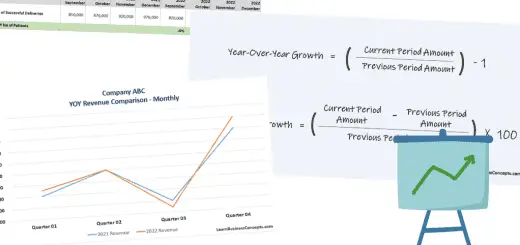Liberalism – Definition, Characteristics, Types, Examples
Definition of Liberalism
Liberalism is a philosophy that protects and enriches the rights of the common public. Liberalism focus on ensuring fair elections, protecting civil rights, and justice with proper implementation of the law.
This philosophy considers that government structure is essential to protect individuals with the acts implemented, but government itself can be a threat to the independence of the common public.
Liberalism focus on the well-being of everyone as the fundamental principle of the system. If there is a dictatorship-based government/political structure, it can not protect the liberty of the common public, which is opposed to liberalism. Hence this concept focuses on constructing a government/political system that protects individual freedom by limiting and checking political power.
The high level of power within government/politicians/military can be used for defense purposes with foreign states, but it can also be used to oppress its citizens. Hence, Liberalism based political systems usually limit military power and dictatorship to ensure civilian control over the military.
Characteristics of Liberalism
Following are the Characteristics of Liberalism,
1. Economy Concentrated Around Capitalisation
Liberalism emphasizes the free-market-based economy, which is similar to the capitalistic ideology. It focuses on private properties, getting production by providing wages to staff, profit motive, etc. Market forces (demand & supply) will be the controlling means of pricing.
2. Focus on the Welfare of Common Public
Liberalism emphasizes the welfare of the people. This concept circumstance that the state should correctly serve the people and ensure the well-being of the people.
3. Limited but Adequate State Power
Liberalism focus that if state power is more than it results in a less free individual. Hence liberalism focus to have limited but significant power over the state and a proper political/government structure implementation prohibits misuse of the power to gain a dictatorship.
4. Value Individual Opinion
Liberalism values the opinion of everyone which creates a good speech of freedom. The philosophy embraces the importance of tolerating individual differences and diversity, in both political and social aspects.
5. Focus on Democracy
Liberalism seeks to establish a proper governance structure in the state, which serves the people and which elects by the people. Liberalism focus on a well-governed democracy in which the government functions according to the constitution by upholding the rule of law. Liberalism is a combination of democracy and individualism.
6. Individual Freedom
Liberalism is concentrated to protect and enrich individual rights. Ensure speech of freedom and good well-being is the essential layers of liberalism
Types of Liberalism
Four forms of liberalism are known as; New Liberalism, Classical Liberalism, Utilitarianism, and Neo-Liberalism. Following are the explanation of each one of these.
1. New Liberalism
New liberalism focused on inequality in society which results in unequal distribution of wealth. This will make the gap between rich and poor which cause problems in the long term. New liberalism emphasizes that the state/government should intervene in these kinds of matters to avoid imbalance.
2. Classical Liberalism
Classical liberalism stresses the importance of personal freedom and private property. It emphasizes that private properties and businesses should available in the economy, not only in the government. This concept further emphasizes that state/government intervention in private businesses should be only up to an adequate level to grow the economy.
3. Utilitarianism
Utilitarianism focused on that the state/government should make society’s life better by increasing the number of good things (such as pleasure and happiness). This concept stresses that when state/government make social, economic, or political decisions they should think about the improvement of the entire society.
4. Neo-Liberalism
Neo- liberalism stresses the importance of having equal private opportunities in a free entry into the market. This concept further emphasizes that state/government intervention in these market activities is a waste in terms of resources and time.
Read More About Neoliberalism
Examples of Liberalism
According to worldpopulationreview.com, the top 10 most liberal countries in the world are as follows,
- Sweden
- Iceland
- Austria
- Canada
- Finland
- New Zealand
- Norway
- Switzerland
- Denmark
- Germany
Read More:
Read More:


